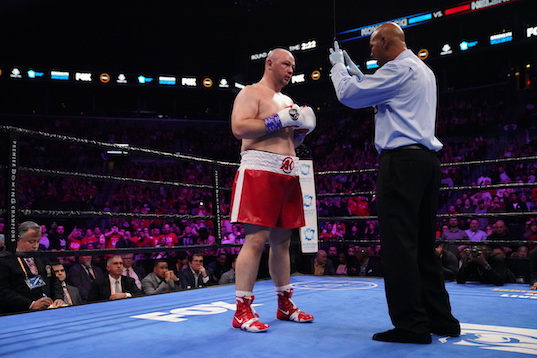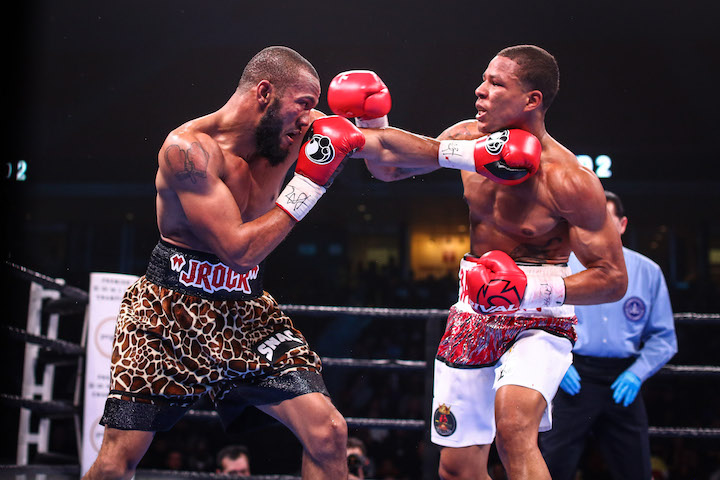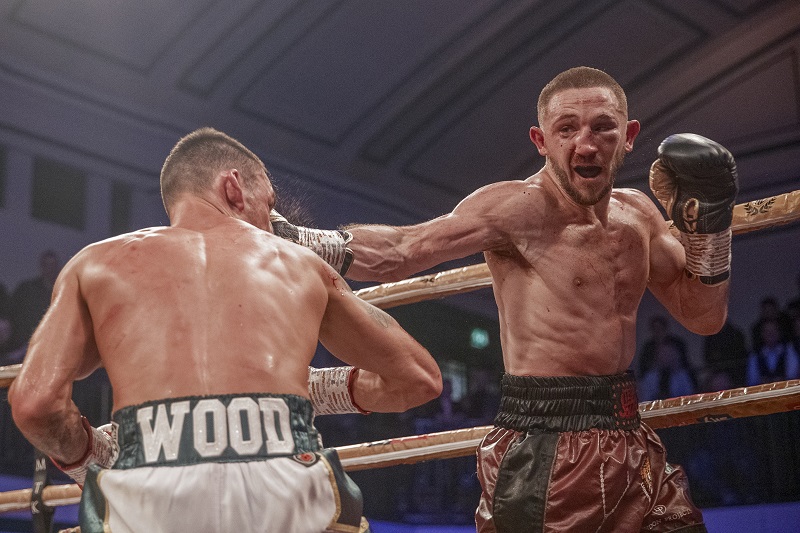Unbeaten records, statistics and so-called form guides don’t always mean a lot when the first bell rings.
I’ve always been fascinated by boxing odds. Indeed, I have made a close study of them over the years. Things are very different now to what they were in, say, 1960.
Today, many favourites are clearly overpriced. A fighter who would have been a 7/5 on favourite in 1960 might now be 3/1 on. Favourites priced at 25/1 (-2500 in US odds) are today’s norm.
And this leads me to the matter of upsets. In the past few years, we have seen more against-the-odds surprises than at any time in boxing history.
We had 20 upsets (yes, I counted them) in the six weeks up to and including March 13th, which was the date that saw the last meaningful boxing activity before the coronavirus pandemic put the world on lockdown.
One thing seems clear. Going by past performances isn’t always a reliable guide when analysing a boxing match. Statistics don’t always tell the story. Unbeaten records look nice but don’t mean a boxer will necessarily keep on winning.
Fighters are humans, not machines. A fighter can have what old timers called an ‘off night’.
If an underdog has ability, has prepared well and believes in himself, he has a chance. Especially if he can punch a bit.
Let’s look at some of the 2020 upsets.
Robert Helenius was a 7/1 (+700) underdog) against Adam Kownacki. It was easy to write off Helenius. The Finnish heavyweight had fallen apart against Gerald Washington and was lacklustre against Dillian Whyte. Meanwhile, Kownacki was unbeaten and fighting on his home turf in Brooklyn. He could count on the roaring support of a huge Polish contingent. Kownacki’s wins included a second-round demolition of Gerald Washington, the fighter who had knocked out Helenius.

So, obviously, Kownacki had to be considered the favourite. But Helenius has always been a good puncher. He has some skills – as an amateur he boxed on the international level. And he towered over Kownacki.
In his last fight before meeting Helenius, Kownacki had a gruelling struggle against Chris Arreola, who was 38 years old and considered a faded fighter. Kownacki won clearly but he was getting hit with everything Arreola threw at him. In hindsight, Helenius should never have been that big an underdog against Kownacki.
Then we had Jeison Rosario, a 12/1 (+1200) underdog against Julian Williams. Rosario is a big, strong fighter – he looks more like a middleweight than a 154-pounder. And he’s heavy handed.
Williams reached the heights in his upset win over Jarrett Hurd. Now Williams had to get ‘up’ for a fight he was widely expected to win.
True, Rosario had been stopped by Nathaniel Gallimore, the tough Jamaican fighter, three years earlier. But Rosario was in over his head in that bout. He wasn’t quite ready.
The Rosario who went into the ring against Williams was a more mature fighter than the one who faced Gallimore. Also, Rosario was on a run of five wins in a row – all against fighters with winning records. Williams had been stopped by Jermell Charlo, so we knew his chin could be dented. Rosario was, looking back, a live underdog.

In the ring, on fight night, Rosario looked much the bigger man. He hurt Williams early in the fight and simply overpowered him in the fifth round. It was considered something of a shocking result. But the odds were inflated. Rosario was likely undervalued because of the loss to Gallimore, Williams overvalued because of his admittedly very impressive win over Jarrett Hurd.
Should Jazza Dickens have been a 3/1 (+300) underdog against Leigh Wood in their Golden Contract featherweight semi-final? Probably not. Dickens is a competent southpaw, rugged and gritty. He had more of a chance than the odds indicated.
Wood was on a run of 12 wins in a row, and he was in tremendous form. But Dickens had won his last six fights. His last defeat was a somewhat unlucky one – Dickens was starting to come on against the clever and speedy Thomas Patrick Ward when Ward was cut in a clash of heads and the bout went to the scorecards, with three rounds remaining in the scheduled 12-rounder. Ward deservedly got the decision but Dickens might have been able to close the points gap if heads hadn’t collided. Dickens got off to strong start against Wood and basically outfought and outboxed the betting favourite.

Then we had Umar Sadiq, the Nigerian-born 168-pounder, a 3/1 (+300) underdog against Kody Davies. It’s never wise to count out a boxer such as Sadiq. At 31, Sadiq was a mature, strong fighter entering the ring against Davies. We knew Sadiq was tall, rangy and hard working. And Sadiq had won his last five bouts. He was an improved fighter – a late bloomer, you could say.
Davies, a flashy southpaw, was unbeaten but he’d shown himself to be one of those boxers who fight in spurts. This put Davies at risk of blowing rounds. In his last fight, Davies had been dropped by Zak Chelli, but to his credit he got up to win clearly. And Chelli had defeated Sadiq – the old ‘form line’ factor.
Yes, Davies was the obvious favourite. He had boxed at a higher level than Sadiq. But Davies was moving down from light-heavy for the bout with Sadiq. Would an eight-pound weight cut hurt Davies? And Sadiq looked the bigger man at the weigh-in. Looking back, it would have been well worthwhile for a bettor to take a chance on Sadiq against the higher-profile boxer.
Another upset came in the fight in the junior middleweight division between 7/1 (+700) underdog Mponda Kalunga and Clovis Drolet in Montreal. Drolet was unbeaten, a Canadian amateur champion, and he was boxing on his home turf in Quebec. But Egyptian-born, Toronto-based Kalunga looked big and strong and he’d won his last five bouts. It was only an eight-rounder. This opened up the possibility that Kalunga, who had never been past six rounds, might be able to get off to a busy start and hang in there down the stretch.
That is pretty much what happened. Kalunga scored two early knockdowns, Drolet came on from the fifth. But Kalunga, fighting the fight of his life, dug down and won the last round on two judges’ cards to pull off the upset.
And that’s the thing. An unfancied boxer can rise to the occasion. If a boxer is in shape and comes to win and, importantly, truly believes in himself (or herself), success against the odds becomes a possibility.
There’s a saying in boxing, that a fighter should win ‘on paper’. But I believe it was the old fight guy Al Braverman who said: “Fights aren’t won on paper — they’re won in the ring!”
• I plan to take a look at some long-ago upsets in a future article